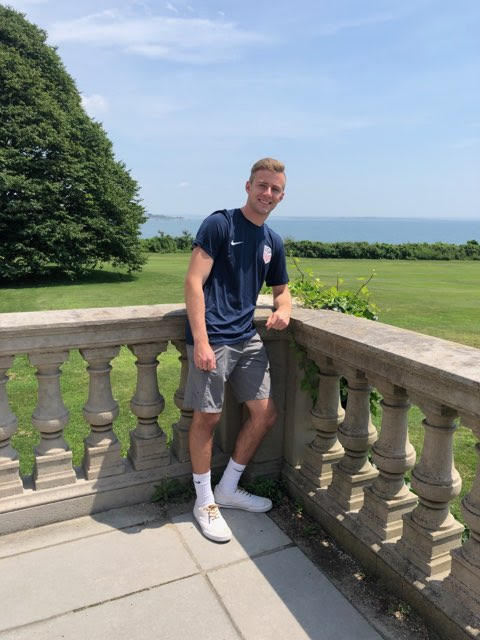Michael Camp (PhD, ’17), assistant professor and political papers archivist at the University of West Georgia, recently published a blog post for Atlanta Studies. Camp’s piece, “John Lewis’s Forgotten Fight: The Mariel Cubans in Atlanta,” discusses Lewis’s support for Cuban migrants in legal limbo while imprisoned in the Atlanta Federal Penitentiary in the late 1980s. Read an excerpt below along with the full piece.
However, one of the less remembered episodes of his career, the 1987 Mariel Cuban uprising in Atlanta’s federal penitentiary, deserves further consideration in our current moment, especially given Atlanta’s burgeoning status as a destination for immigrants desiring opportunity and a new home. It also deserves to be told as an important story in Lewis’s own career. After the height of the civil rights movement in the 1960s, many its leaders continued to advocate not only for the rights of African Americans but also those of other traditionally marginalized groups, such as immigrants. For his part, Lewis urged compassion for the Cubans imprisoned in Atlanta, extending the broad legacies of the civil rights movement into a new era.
